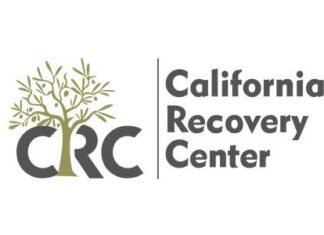On December 1, 1995, a large van accidentally hit pedestrian Sharon Gieseke on a busy street in downtown New Ulm, Minnesota. She immediately blacked out.
In a telephone interview, 54-year-old Gieseke said, “I was walking in the crosswalk and had only a few more feet left before I would have been safe. The driver didn’t see me in time.” As a result, Gieseke had a traumatic brain injury (TBI) that would over the years emotionally, financially, and physically affect her life and the lives of many people.
For example, she and her husband own a family farm. Before the injury, she was able to do such things as castrate piglets alone, manage a hog barn, drive tractor, and do the income taxes for her family and others. But after the injury? “Among other things,” she said, “I couldn’t drive a tractor. It just would have taken too much concentration since you have to use both feet. So my husband ended up having to sell his cows and get a (second) job (besides farming). I wasn’t able to help him farm anymore. So what was he going to do?”
At the time of the TBI, the Giesekes had two teenage daughters and a 6-year-old son. Suddenly, her children had to take on more responsibility around the house and wouldn’t always accept their new roles. Sometimes they felt their mother was making excuses. The community was affected because Gieseke had been an active PTA member and had founded a free tax counseling service for elderly and low-income people.
Today, years later, Gieseke still has substantial challenges with balance, doing simple math, short-term memory, multitasking, sleeping, and neck pain. But that hasn’t kept her from leading support groups for people with TBI and founding an organization, Minnesota Brain Injury Force. With the latter, Gieseke helps TBI-affected people find government and private resources. For example, she recently helped a man unable to care for himself find the right state office, download Internet information, and navigate a state medical determination for disability. Now that man has a personal care attendant to help him at home.
She advised people newly affected with TBI: “There is hope. Never ever give up. You can feel sorry for yourself, but that won’t do you any good. Do something for others and that will make you feel so much better. Listening to music and laughing are good, too.”
(21+ years strong)
Welcome to the brighter side!
Get in front of local customers! 24/7 (365)



















